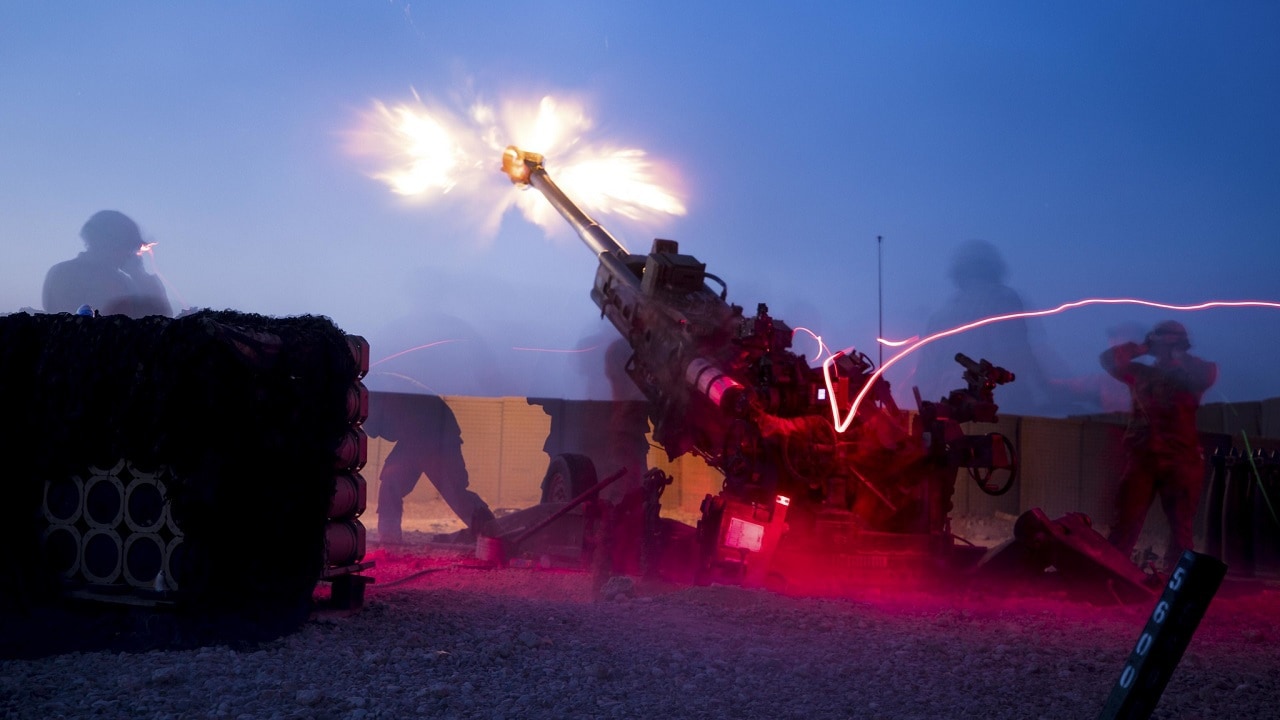Reports that Russia and the United States would meet in Riyadh without representatives from Ukraine or the rest of Europe sent waves of panic through European capitals, from Kyiv to London. The temptation to limit participation in a peace negotiation is strong, because additional voices can create conflict and delays.
But a war cannot end without the agreement of all relevant parties, and Ukraine can say no to any deal.
Diplomacy and the Ukraine War
In theory, any diplomatic negotiation should involve all of the partners affected by a particular problem, whether that problem is war, climate change, or international trade. In practice, including additional voices always complicates the process of negotiation, especially when those voices hold fast to difficult or intractable demands.
Let there be no mistake: The exclusion of Ukraine from a negotiation over its own fate is amoral and perverse. Any peace it leads to will likely amount to a temporary ceasefire, rather than a genuine and lasting accord. But it is what it is; the United States and Russia have determined to do this, and Europe and Ukraine have to wait and see the result.
The Military Context
Ukraine still has a degree of leverage over the process. Although Ukraine continues to lose ground, the front is not in immediate danger of collapsing, and support from Europe will enable Ukraine to continue fighting into the summer, and perhaps for the rest of the year. U.S. President Donald Trump’s criticism of Ukrainian President Volodymyr Zelensky has had the effect of solidifying the latter’s domestic position, although perhaps not enough to weather an unpopular peace deal.
The United States has tools to compel Ukrainian compliance, including a withdrawal of intelligence cooperation and a curtailment of Starlink, but these steps will put pressure on Ukraine rather than induce a quick collapse. This means that Kyiv has a degree of leverage over Trump, however tenuous that leverage may be.
Ukraine has leverage over Russia as well. Russia has paid a dreadful military cost for minimal gains over the past eight months, losing extensive stocks of equipment and of newly mobilized personnel. Possibly worse, the Russian economy is overheating, and a continued war will likely cause permanent damage to Russian growth forecasts. Ukrainian attacks on Russian oil and gas infrastructure have also drawn blood. Russia thus has its own reasons to moderate its war demands and to find some path down which Putin may walk away with a “win.”
Similarly, Europe—meaning both the European Union and the United Kingdom—has leverage in the talks. Europe may lack the ability to maintain Ukraine’s war effort in the long term, but in the short run it can surely keep the war going. Military support, the category where the Europeans struggle, is probably less important than the economic support needed to keep Ukraine’s financial and energy systems functional.
Just as important, the United States cannot on reasonable terms force the Europeans to relax damaging sanctions on Russia or release frozen Russian financial holdings. If those things mean anything to the Russians (and they do), then Europe’s acquiescence to a deal matters to both Moscow and Washington, meaning that the Europeans have a strong voice at the negotiating table.
What Happens Now?
There are undoubtedly good reasons why diplomats try to limit the number of parties to any negotiation. More voices means more room for disagreement, more issues to argue over, and more chaos. But a peace process that excludes one of the major combatants demands absolute trust between principal and agent.

Soldiers assigned to the 2nd Battalion, 32nd Field Artillery, 1st Brigade Combat Team, 101st Airborne Division, fire a M777 towed 155 mm Howitzer on Qayyarah West Airfield, Iraq, Aug. 10, 2019. The Soldiers conducted a fire mission to disrupt known enemy positions. As long as Daesh presents a threat, Combined Joint Task Force – Operation Inherent Resolve remains committed to enabling its defeat. (U.S. Army Reserve photo by Spc. DeAndre Pierce)
That trust does not now exist between Washington and Kyiv, and this puts the effort to end the war in great peril.
Russia and the United States may come to an accommodation, but there’s no guarantee that Ukraine and Europe will abide by it, in the short term or the long term. Much work needs to be done in Washington, Kyiv, and Moscow before any serious work can be finished in Riyadh.
About the Author: Dr. Robert Farley
Dr. Robert Farley has taught security and diplomacy courses at the Patterson School since 2005. He received his BS from the University of Oregon in 1997, and his Ph. D. from the University of Washington in 2004. Dr. Farley is the author of Grounded: The Case for Abolishing the United States Air Force (University Press of Kentucky, 2014), the Battleship Book (Wildside, 2016), Patents for Power: Intellectual Property Law and the Diffusion of Military Technology (University of Chicago, 2020), and most recently Waging War with Gold: National Security and the Finance Domain Across the Ages (Lynne Rienner, 2023). He has contributed extensively to a number of journals and magazines, including the National Interest, the Diplomat: APAC, World Politics Review, and the American Prospect. Dr. Farley is also a founder and senior editor of Lawyers, Guns and Money.

